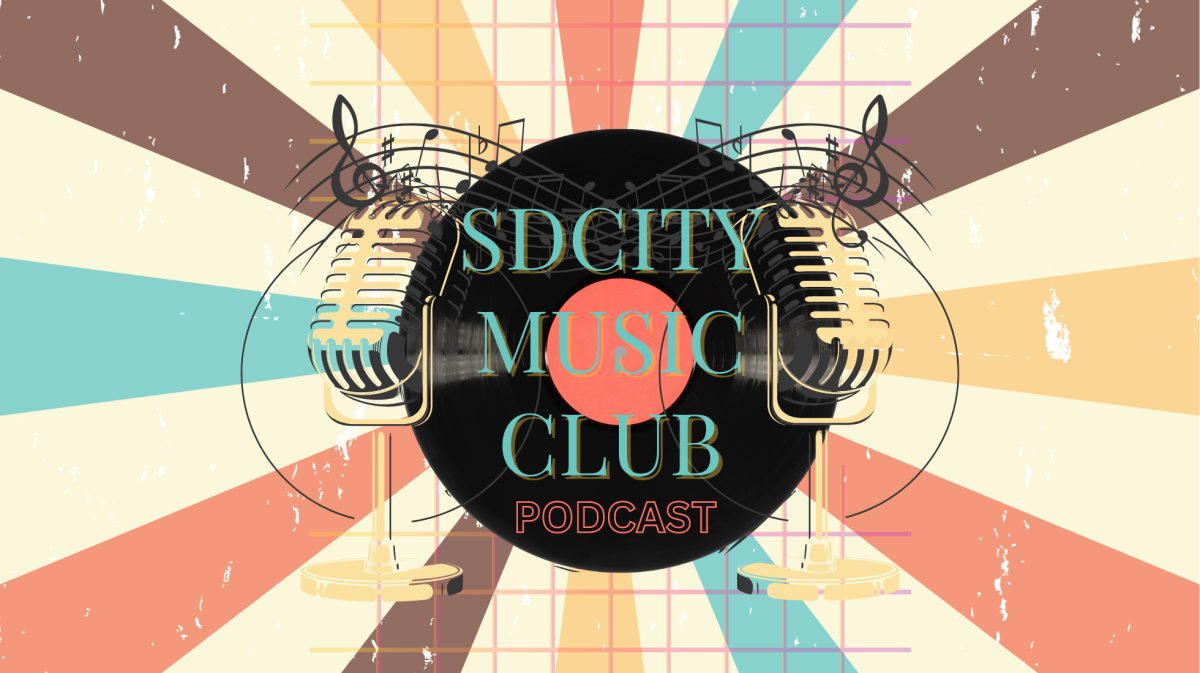In battle between green and lean, which is more effective in the progression and elongation of human life, a vegetarian, vegan or carnivorous diet? Society is confronted with a number of options that may possibly help or hurt their health.
A constant question has been raised against the vegetarian and vegan diets, is there enough protein and is it really healthy?
Vegan diets and vegetarian diets though similar, in that they both do not take part in the consumption of animal meats, differ because vegan diets also exclude any animal byproducts such as cheese or milk.
There is also a sub category of vegetarianism called “lacto-ovo-vegetarian” where no animal flesh is consumed, but eggs and dairy products on occasion.
To accommodate the growing number of “alternative eaters” grocery stores now carry vegan friendly foods that can be substitutes for animal products. Among these products are, “Tofutti” which is an alternative to cream cheese, “Tofurkey,” a substitute for turkey and “Soy Dream,” which is a substitute for milk.
In 2006, the Physicians Committee for Responsible Medicine (PCRM) did a study on the effect a vegan diet would have on people with diabetes. Participants in the study were split into two groups, one who followed the American Diabetes Association or ADA guidelines, and those following a low-fat vegan diet.
Both groups saw improvement but the low-fat vegan diet group saw a much more significant reduction in the measure of blood sugar levels, after studied over a prolonged period. The two groups also lost weight as a positive side-effect from the diets.
Participants in the study discontinued use of their prescriptive drugs.
From another study conducted by the Oxford Journals of Rheumatoid Arthritis Online, conclusions were made that the signs and symptoms of Rheumatoid Arthritis could be improved by a vegan diet free of gluten.
These studies are just a few conducted on the positive effect produced by a structured vegan diet
Although these studies prove some positive health effects of turning a green leaf, some are still skeptical.
“There is no way you could get the same amount of protein in a pill, bean or other product than you could get from meat,” said Matt Richardson, City College Student. “I like meat way too much to stop (eating it), how did you?”
Lost proteins in those that do not consume animal products may be achieved through the vitamin B-12. B-12 may also be supplemented in some vegan foods.
A deficiency in the B-12 vitamin can cause anemia as it is “necessary for the synthesis of red blood cells, the maintenance of the nervous system, and growth and development in children,” according to the Vegetarian Society of the United Kingdom.
As the task of changing eating habits may be daunting, for the health benefits require a strict diet, many do not attempt the change.
Richardson said he didn’t care about the animals and he didn’t want to know about them, he just wanted them, “In between two slices of bread or bloody on my plate.”
Many people may turn to these anti-animal diets as not only a way to cure their medical woes, but for their ethical ones. People for the Ethical Treatment of Animals (PETA) is one of the many organizations formed not only to help stop the unethical treatments of all animals but to stop unethical raising and slaughter of animal stock.
For those that cannot kick the fleshy habit, another alternative coming to popularity is that of the Humane Farm Animal Care.
The HFAC is a non-profit organization that was created to offer a certification to those who choose to raise and slaughter animals. The HFAC developed a labeling program for eggs, dairy, poultry and meat that has been met by the Animal Care Standards.
These implemented standards ensure that the animal is treated humanely and “in accordance with the highest farm animal welfare standards available today, as the animal is raised, transported and processed,” according to HFAC.
The organization is non-profit and inspected by the United States Department of Agriculture, Agricultural Marketing Service. The AMS has verified the inspection processes of the HFAC.
For more information on the HFAC visit: http://www.certifiedhumane.org/ or for more information on organizations for the cause of ethical treatment of animals, visit: http://www.peta.org.
Eating the veggie way — is it a healthy choice?
December 11, 2007
Donate to City Times
Your donation will support the student journalists of San Diego City College. Your contribution will allow us to purchase equipment, cover the cost of training and travel to conferences, and fund student scholarships. Credit card donations are not tax deductible. Instead, those donations must be made by check. Please contact adviser Nicole Vargas for more information at [email protected].







